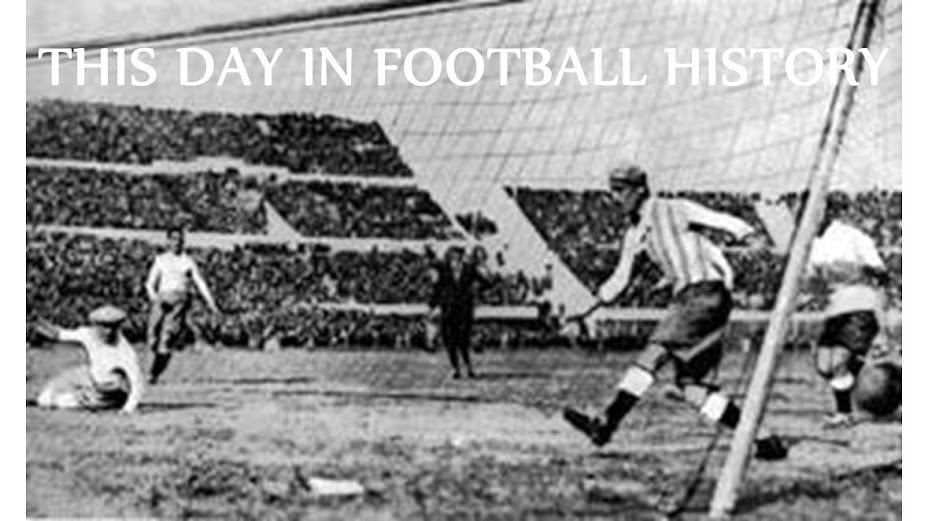 On 31 August 2007, AC Milan spoiled Sevilla's bid to repeat as Super Cup champions, beating the Spanish side 3-1 in Monaco.
On 31 August 2007, AC Milan spoiled Sevilla's bid to repeat as Super Cup champions, beating the Spanish side 3-1 in Monaco.Sevilla, as winners of the UEFA Cup in 2005, played their first Super Cup in 2006, beating the reigning Champions League winners Barcelona 0-3. They won the UEFA Cup again in 2006 to set up their 2007 meeting with that year's Champions League winners, AC Milan.
Playing before a crowd of 17,822 at the Stade Louis II, Sevilla staked their claim with a 14th-minute goal from Brazilian playmaker Renato. The score resulted from a corner kick that Renato headed down to the feet of Milan keeper Dida, who misjudged the bounce and allowed the ball to get past him into the net. Despite pressure from Milan at the other end, particularly from striker Pippo Inzaghi, Sevilla still held the 0-1 lead at the break.
Shortly after the restart, however, Inzaghi headed the equalizer home (55') and Milan claimed the lead seven minutes later with a thundering volley from left back Marek Jankulovski to the far post (62'). Milan sealed the win in the 87th minute after Sevilla left back Ivica Dragutinović conceded a penalty with a tackle from behind on Madrid striker Kaká, who dutifully converted the kick to stretch the margin of victory to 3-1.






























